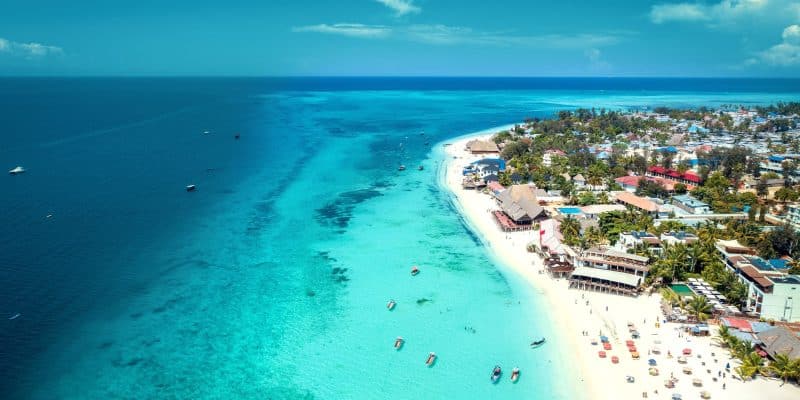The United States of America and Tanzania launched the Heshimu Bahari (Swahili for "respect the oceans") project on April 4, 2023. With a five-year implementation period and initial funding of $8.4 million from the U.S. Agency for International Development (USAID), the project aims to strengthen the conservation of Tanzania's coastal biodiversity.
Tanzania’s 1,424 kilometers of coastline are the target of a new biodiversity protection project. Heshimu Bahari (Swahili for “respect the oceans”) was launched on April 4, 2023, by Tanzanian and U.S. officials. The U.S. Agency for International Development (USAID) provided initial funding of $8.4 million for the five-year project.
Focused on conserving marine biodiversity through the active participation of local communities, Heshimu Bahari will address the many threats to Tanzania’s marine ecosystems, promoting gender-equitable development approaches, addressing overfishing that has deeply damaged key coastal fisheries, and mitigating the impact of climate change that is disrupting ecosystems and livelihoods, impacting the country’s tourism potential.
Falling fisheries resources reinforce inequalities
The launch of the project comes during a working visit to Tanzania by U.S. Vice President Kamala Harris and her husband Douglas Emhoff, the second American gentleman. At the launch ceremony in Dar es Salaam, a port city in eastern Tanzania, Douglas Emhoff said that his interactions with women in the fishing and coastal sectors made him realize that most of them face obstacles and are still underpaid, which results in increased gender inequality.
Read also-AFRICA: FAD fishing for tuna will be restricted in the Indian Ocean
According to official data, fishing represents 2-5% of Tanzania’s gross domestic product (GDP). Nevertheless, it ensures the direct survival of a significant part of the population, estimated at more than 5 million people, which makes it a strategic sector.
Boris Ngounou







